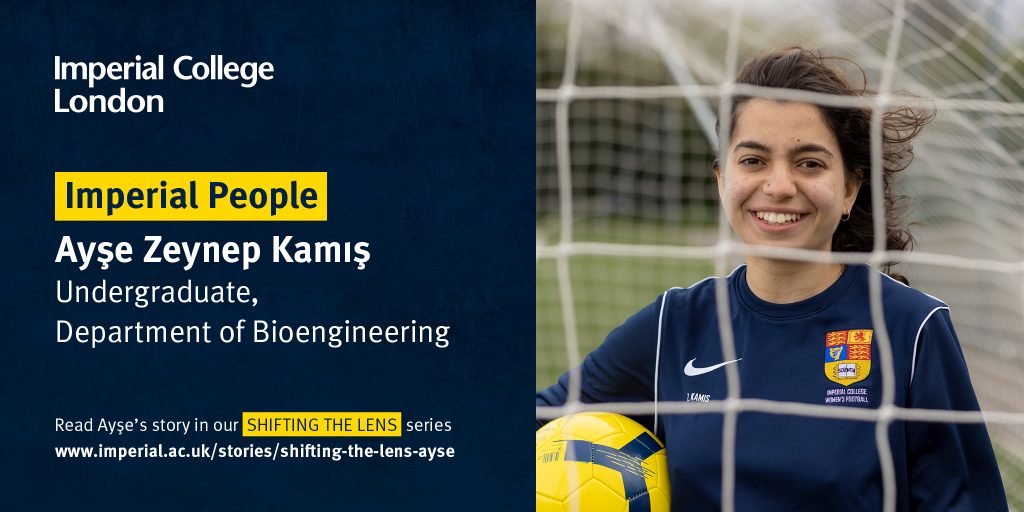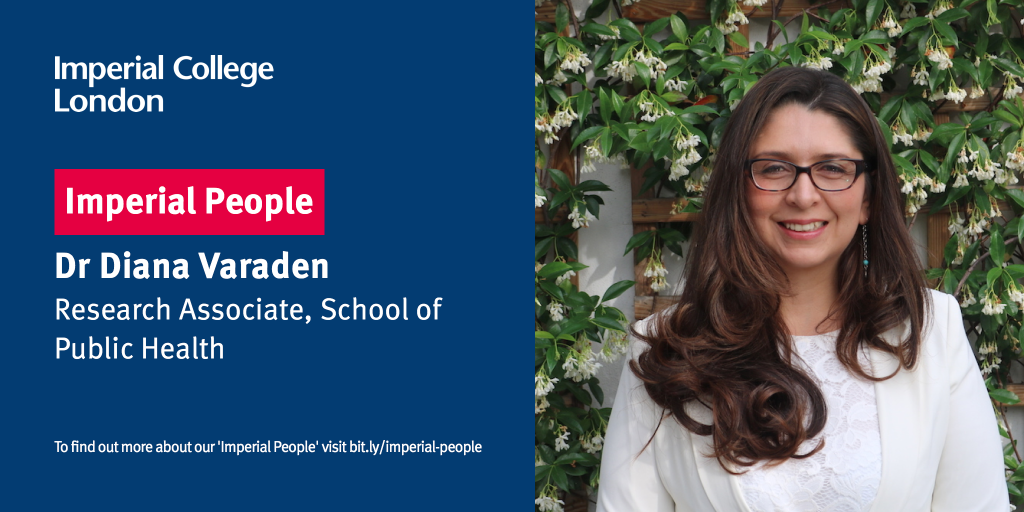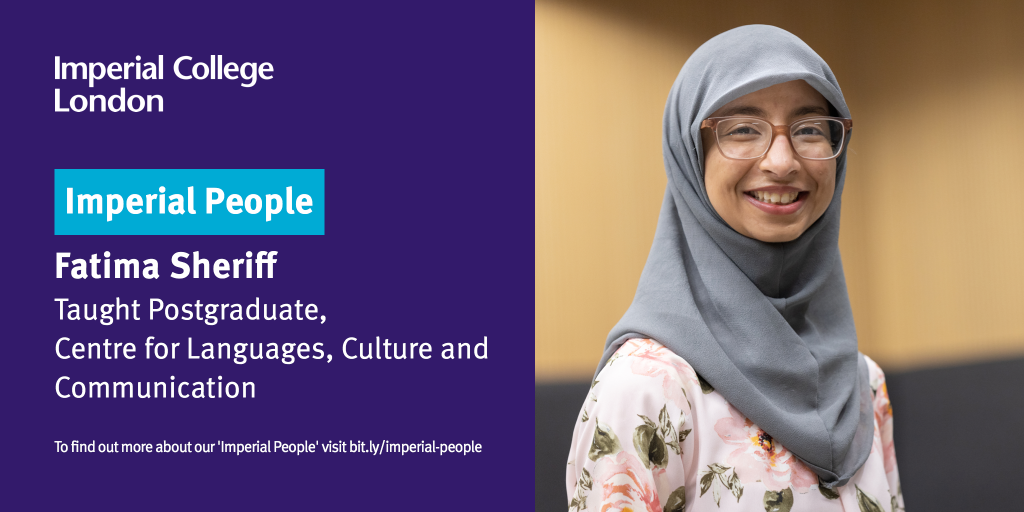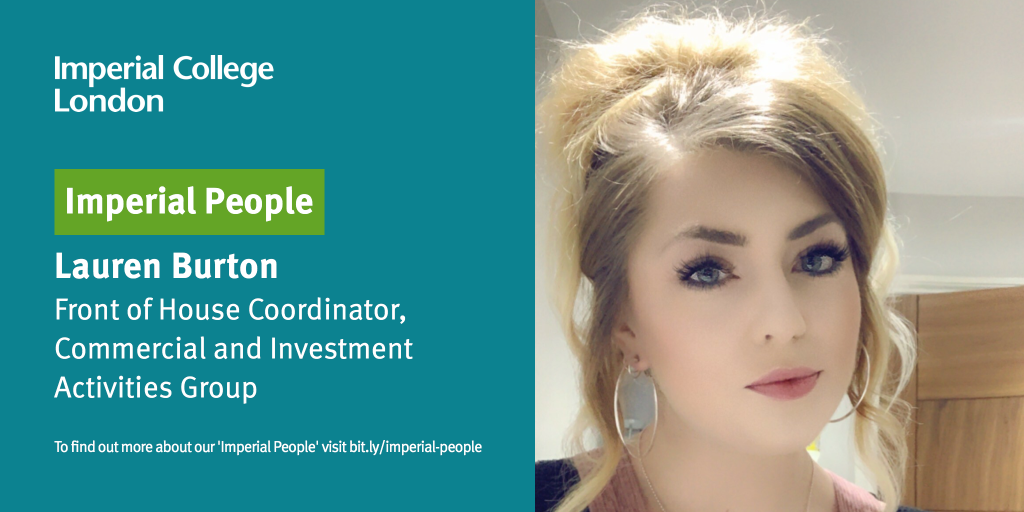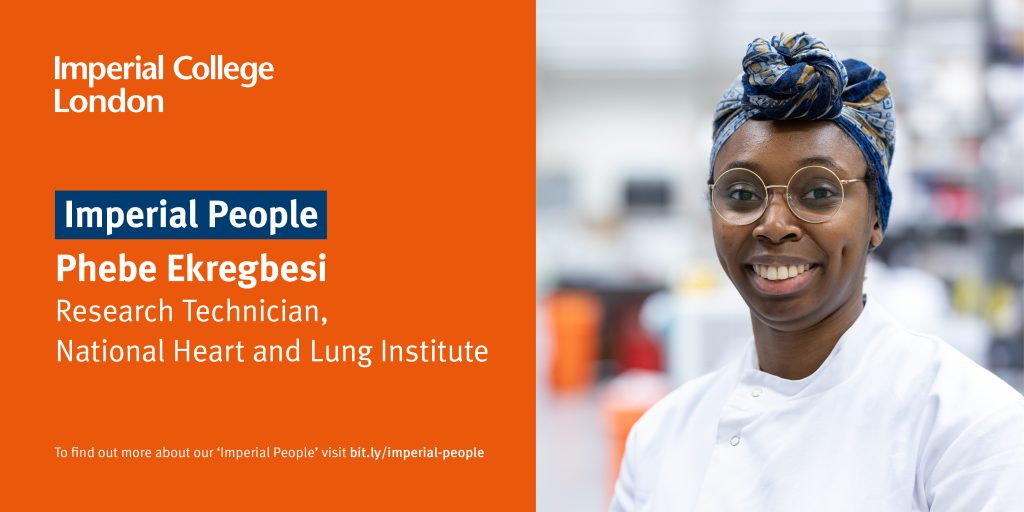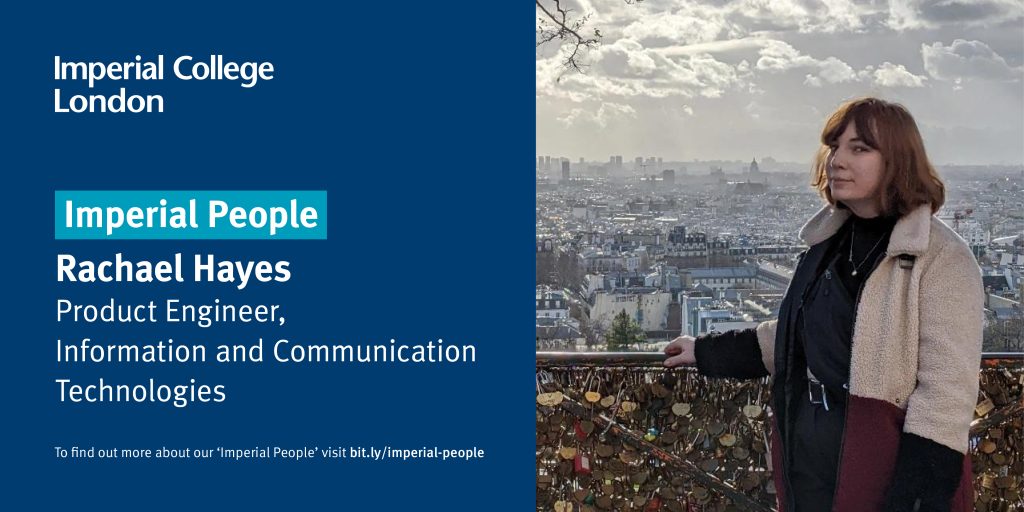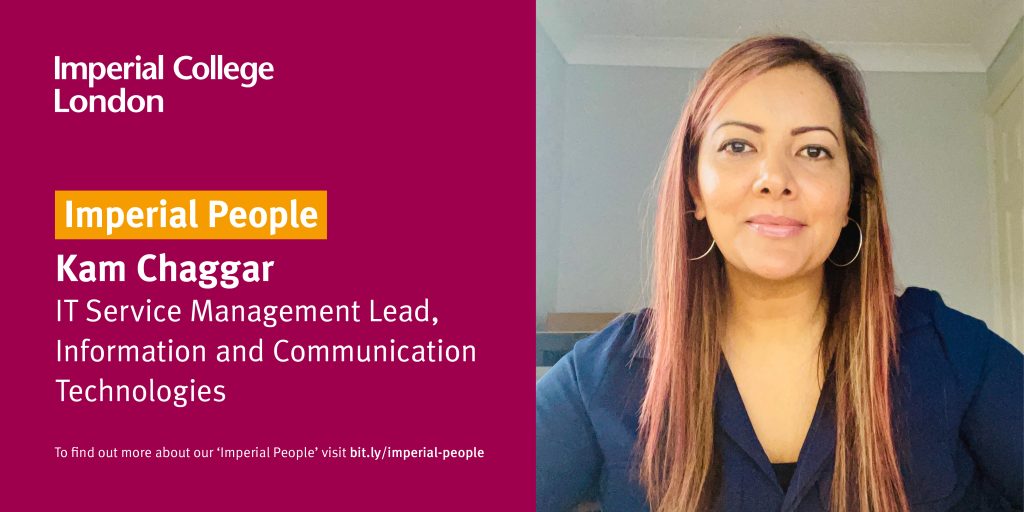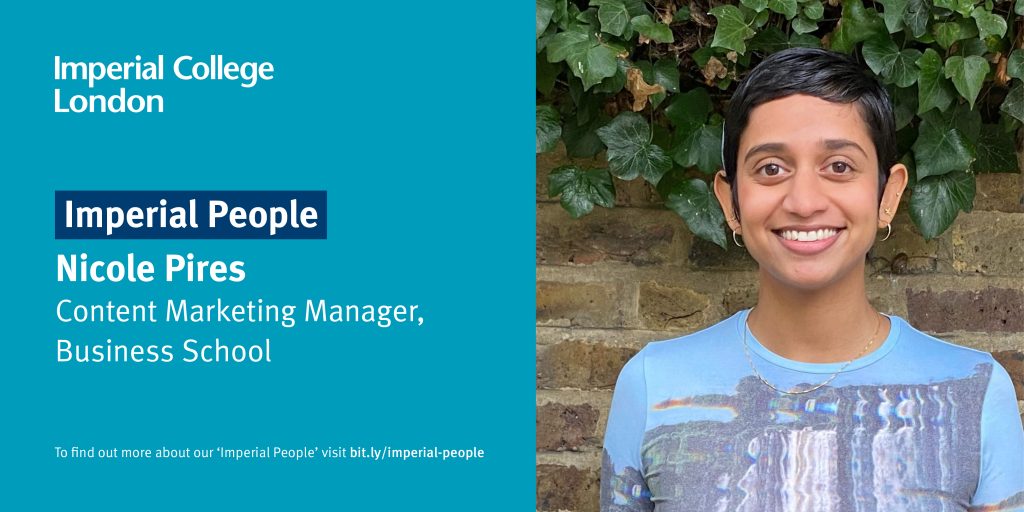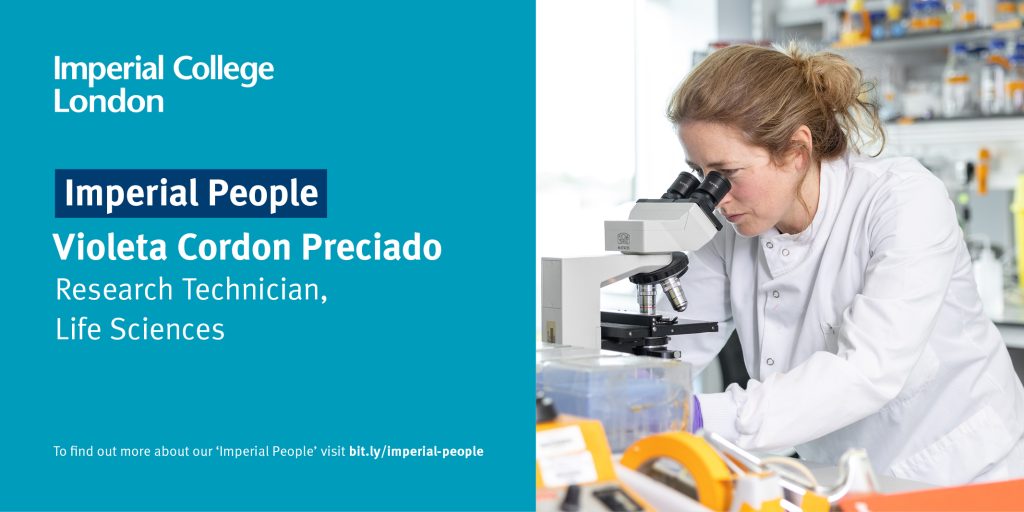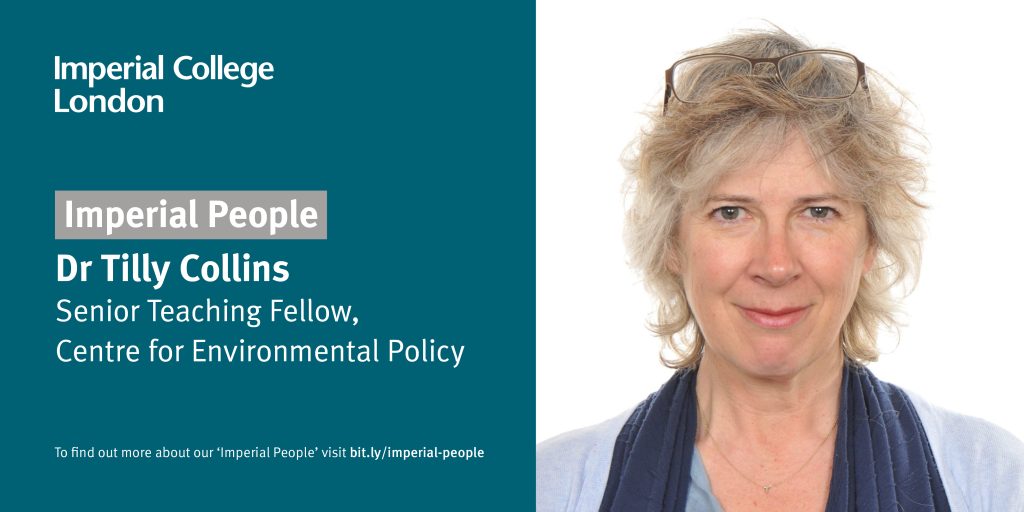
“I publish on a wide range of topics as well as being passionate about training and supporting new generations of sustainability scientists.”
As a teenager I thought I would become a fashion designer, which was a distinct improvement from wanting to be a horse. But after studying at Chelsea School of Art and ten years working in event design and management, I changed direction completely, went to agricultural college and moved into arboriculture, entomology and ecological science.
This diverse background and my voracious curiosity has led to a multidisciplinary path and I publish on a wide range of topics as well as being passionate about training and supporting new generations of sustainability scientists.
The variety of roles I hold leads to real variation in tasks and some days find me concentrating on teaching, whilst other days are a juggle of meetings, advice, research and writing. I also chat a lot and have an unsung role as ‘departmental glue’ mediated via informal channels.
My advocacy for edible insects often leads to media appearances as do my designs for urban air pollution mitigation. Alongside Caroline Howe, I lead research into Sustainable Viticulture Futures – a recent research growth area within the Centre for Environmental Policy’s Transdisciplinary Centre for Nature & People. With climate change, rural land uses are adapting, the area under grapevines is changing, and this creates a huge opportunity for improving sustainability of practice in social, economic and ecological dimensions. Four members of the ‘wine group’ recently presented their work at the British Ecological Society’s Ecology Across Borders conference to substantial international interest.
When not at Imperial, I am very social. I garden, provide advice on urban ecology and care for my three teenage children. 22 million people have now watched a TikTok made by one of my teens (Blue Gray) of ‘Dyeing Mum’s hair purple’ and I remain perplexed. The slow and wobbly return to an adapted new-normal and more face-to-face interactions is very welcome.
Read Dr Tilly Collins, Senior Teaching Fellow, Centre for Environmental Policy in full
